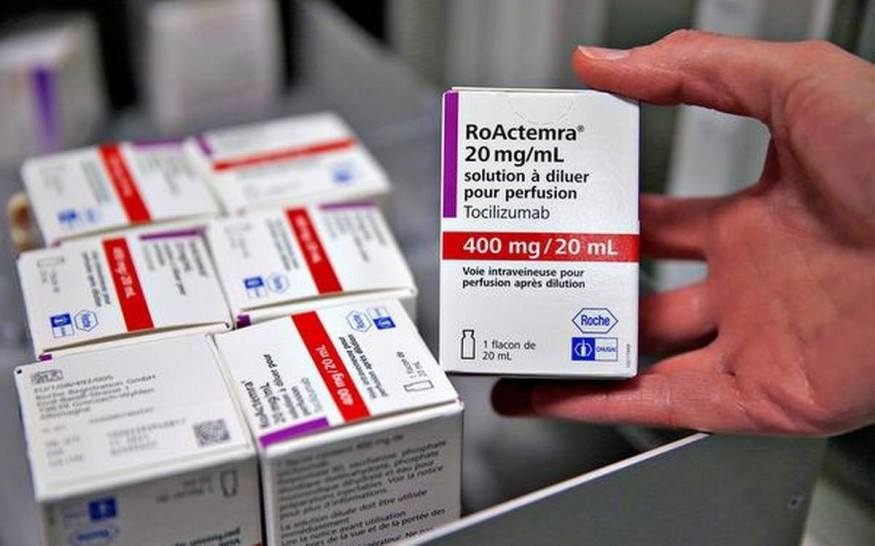Rheumatoid Arthritis Drug Helps Critically-Ill COVID-19 Patients, New Study Shows
A new study found out that a rheumatoid arthritis drug helps to treat critically ill COVID-19 patients who are in their first two days in the intensive care unit.

A large clinical study found out that tocilizumab, a drug used to treat a person suffering from rheumatoid arthritis, can treat critically ill COVID-19 patients who are in the first two days in the intensive care unit. The drug is a monoclonal antibody that has been used during the outbreak.
Dr. David Leaf, the senior author of the new paper, said that it is the reason why it is important to conduct a larger study about the different drugs and treatments during the pandemic. He also explained that this will benefit critically ill patients.
Critical patients often excluded in studies
One of the problems why drugs that are supposed to help COVID-19 patients were not able to help patients or reduce deaths is because most of the large studies did not include critically ill patients.
He said that this practice would not help the researchers if the drugs are effective or not, according to USA Today.
"They're just not anywhere close to being adequately powered to assess mortality."
Additionally, Dr. Leaf has collaborated with 67 other hospitals across the U.S. to conduct the large study. They tracked and monitored around 4,000 critically ill patients.
Dr. Leaf said that the group has published several studies and that includes one that shows heart attacks as the very common cause of death to the critically ill COVID-19 patients. He also said that his group will publish future studies that involve critically ill patients.
The study just proved that a particular potential COVID-19 drug should be used at different times or different levels once infected with the virus. In the case of the tocilizumab, it has been shown to be effective for critically ill patients during their first three days in the intensive care unit.
Drug has a time limit for critically ill patients
He also added that the drug may no longer be effective if it is treated beyond three days. The patient at this stage could have developed irreversible organ injury.
Additionally, Dr. Lead also said that 20 percent of the patients examined in the study have developed symptoms just a few days before they were admitted to the intensive care unit.
The rheumatoid arthritis drug is usually given once through an intravenous. The second dose can only be given to the patient several days after and only if needed. Dr. Leaf and his team published the result of his study in JAMA Internal Medicine.
Meanwhile, a large study from the World Health Organization revealed that Remdesivir and three other drugs did not help to reduce the death rate of COVID-19 hospitalized patients including those who are using ventilators. Even though the study is not yet peer-reviewed but it is more likely to be made available to the public.
Check these out!
Subscribe to Latin Post!
Sign up for our free newsletter for the Latest coverage!

















